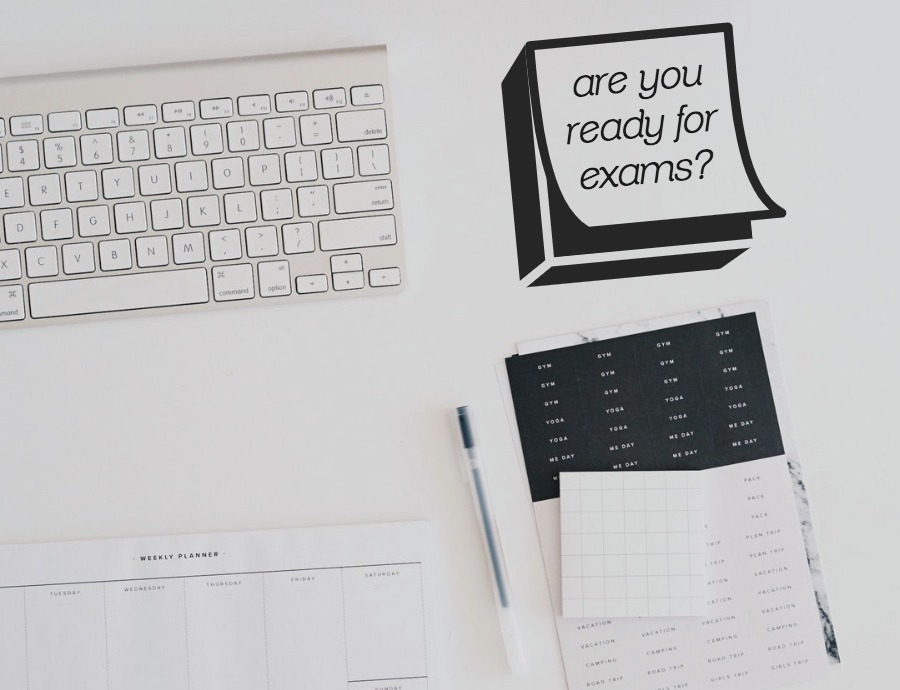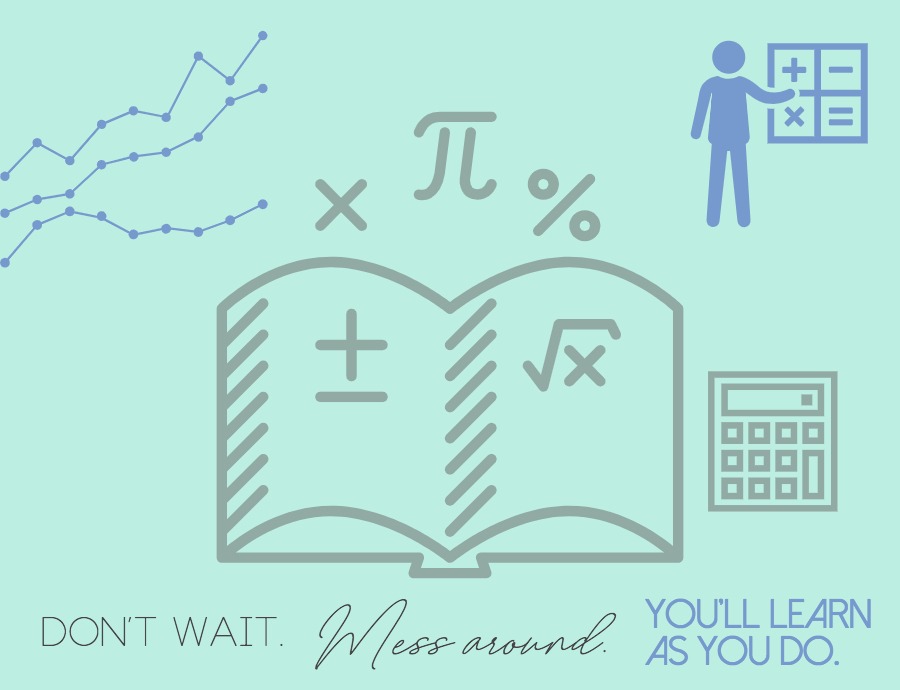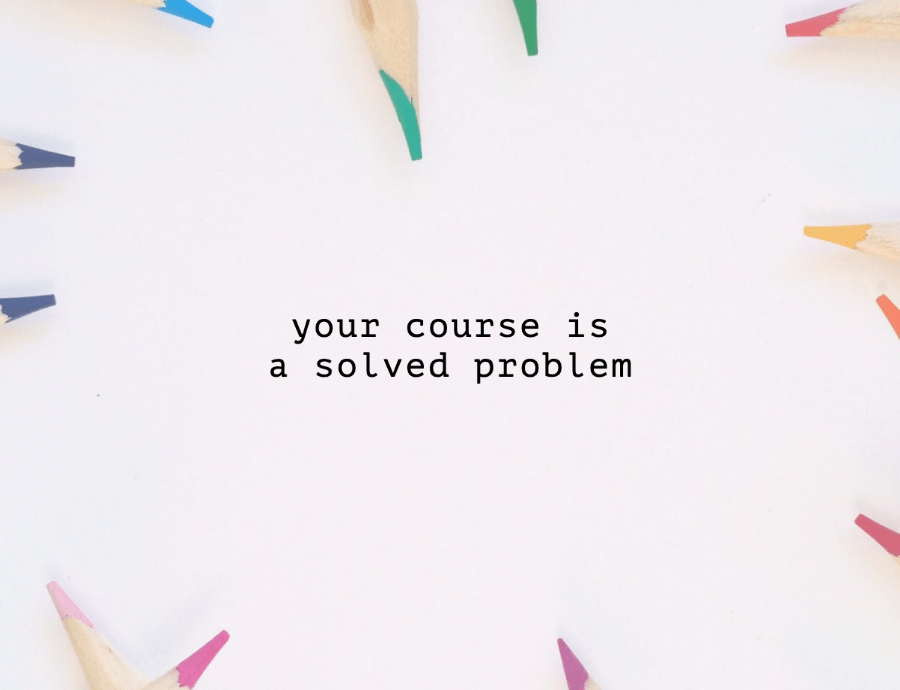The answer to the question, “what are we supposed to do with class notes after we’ve taken them?” is an easy one, in theory. You aren’t supposed to lose them, or get them all mixed together in a disorganized pile. You are supposed to learn them. Ideally, you should be able to bring all that content to mind at a moment’s notice.
The problem, of course, is that you’re being presented, gifted (bombarded) with a lot of information right now. Learning and instantaneous recall are hard to do. Getting all your class notes organized and using them properly can be equally daunting. But it’s all possible, if you follow these steps.
Of course, the main goal is to make sure that you understand the material from lectures. If you don’t understand it, then you won’t be able to remember it, or use it on a test. If you find that you have questions, make sure that you get them answered. You can consult with other students, TAs, and professors.
The problem, of course, is that you’re being presented, gifted (bombarded) with a lot of information right now. Learning and instantaneous recall are hard to do. Getting all your class notes organized and using them properly can be equally daunting. But it’s all possible, if you follow these steps.
- Read the notes from the last class before you go to the next one. Having the previous notes encoded in your short term memory will help you to understand and digest the next lecture. Additionally, the more you read the notes, the more you’ll be able to remember, and the more likely the subject matter will enter into the main pool of your common knowledge (or long term memory). This is a hard step to remember to do, but only for the first two weeks. After that, if you’ve been diligent, it will become routine, and you’ll feel strange if you don’t review your notes.
- Review the entire week’s notes on the weekend and check your understanding. Again, the more often you read the notes, the more you’ll remember. Be conscientious here. Don’t assume that material will make more sense later. Write down questions as you go, and try to get them answered either in classes, tutorials, or office hours.
- Rewrite your notes in your own words. At the end of the week, rewrite all the week’s notes in your own words. This will test whether you understand them, and will work toward putting the information in your long term memory. Additionally, you can be on the look-out for patterns, repeated information and hints about upcoming tests.
- Condense as you take notes on your notes. As you read through your weekly notes and rewrite them, you should also work on shrinking them: you’ll understand now what was important and what was unimportant, so ditch the stuff you don’t need.
- Consult your notes as you do your homework or problem sets. As you go through your problem sets and assignments, look through your notes one more time. At this stage, you should be familiar enough with the material that you can skim for the sections that you need instead of reading everything all over again.
- Read the condensed notes as you begin to study for the quizzes, tests, midterms and finals. Your first step in preparing for quizzes and assignments is to read your condensed notes. Try to read everything up to the particular quiz or assignment in one sitting, so that you can see the whole picture, and so you can get into the flow of the material. After you’ve read through the notes, take a break, let it settle into your memory, and then start trying questions.
- After tests, quizzes and midterms, look through the notes again to check off what was tested. If you mark up your notes after quizzes, tests and midterms, then you can get a better sense of how your professor designs exams, how many questions came from lectures, how many came from readings, and what you should focus on for the next test.
Of course, the main goal is to make sure that you understand the material from lectures. If you don’t understand it, then you won’t be able to remember it, or use it on a test. If you find that you have questions, make sure that you get them answered. You can consult with other students, TAs, and professors.








